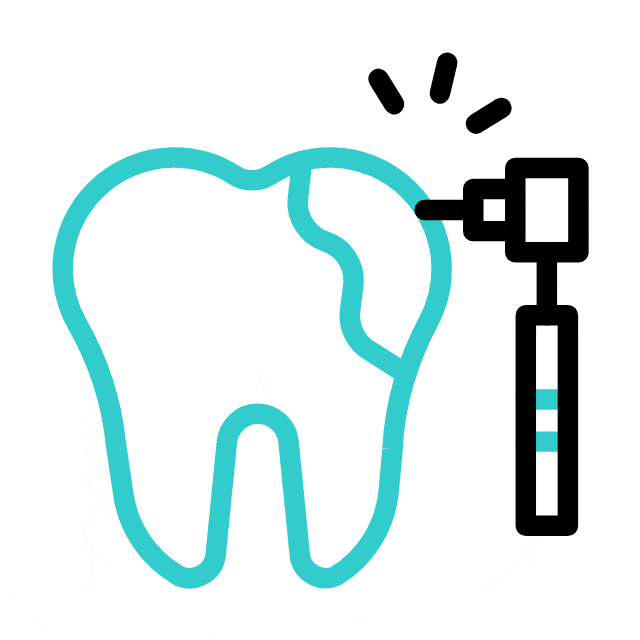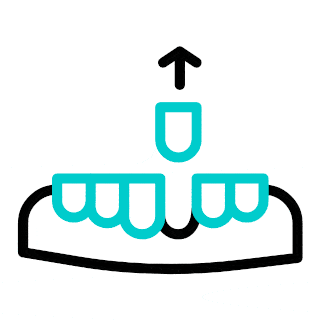Root Canal on Baby Teeth
Anna Kids Dentistry understands that root canals on baby teeth, also known as primary teeth, can raise questions and concerns. Rest assured, our team of experienced pediatric dentists is here to provide exceptional care and ensure a positive experience for your child.
What is a Root Canal?
A root canal is a dental procedure performed to save a tooth that has become infected or severely decayed. It involves removing the infected pulp, which is the soft tissue inside the tooth, and cleaning and disinfecting the root canals. The tooth is then filled and sealed to prevent further infection.
Why are Root Canals Needed for Baby Teeth?
Baby teeth play a crucial role in your child’s oral health and development. Saving a baby tooth through a root canal can have several benefits:
Preserving Space: Baby teeth serve as placeholders for permanent teeth. Premature loss of a baby tooth can lead to misalignment or crowding of permanent teeth. A root canal allows the baby tooth to remain in place until it naturally falls out, maintaining proper spacing for permanent teeth.
Facilitating Proper Chewing: Baby teeth help children chew food properly, aiding in digestion and nutrition. Preserving a decayed or infected tooth through a root canal allows your child to continue chewing comfortably.
Speech Development: Baby teeth play a role in speech development, as they help children form sounds and words correctly. Retaining a baby tooth through a root canal can support proper speech development.
The Root Canal Procedure for Baby Teeth
The process of performing a root canal on a baby tooth is similar to that of an adult tooth and generally involves the following steps:
Examination & Diagnosis: Our pediatric dentist will examine your child’s tooth, evaluate the extent of the decay or infection and determine if a root canal is the appropriate treatment option.
Anesthesia & Sedation: To ensure your child’s comfort during the procedure, local anesthesia is administered to numb the area around the affected tooth. In some cases, sedation options may be available to help your child relax.
Pulp Removal: The dentist will create a small access hole in the tooth to reach the infected pulp. Using specialized dental instruments, the infected pulp is carefully removed from the tooth and root canals.
Cleaning & Disinfection: The root canals are thoroughly cleaned and disinfected to remove any remaining bacteria or debris. This step helps prevent reinfection and promotes healing.
Filling & Sealing: After the root canals are cleaned, a biocompatible material is placed in the canals to fill and seal them. This material helps support the tooth structure and prevents further infection.
Aftercare & Follow-up
Following a root canal on a baby tooth, it is important to follow the aftercare instructions provided by the dentist. These may include:
Pain Management: Over-the-counter pain relievers may be recommended to manage any discomfort or sensitivity after the procedure.
Oral Hygiene: Encourage your child to maintain good oral hygiene by gently brushing their teeth and avoiding the treated tooth area for the first few days. Afterward, they can resume regular brushing.
Follow-up Visits: Your child will have follow-up appointments to monitor the healing process and ensure the tooth is functioning properly. The dentist may discuss options for a crown or filling to provide additional protection if necessary.
At Anna Kids Dentistry, we understand the unique dental needs of children, including root canals on baby teeth. Our caring team is dedicated to providing the highest quality dental care and ensuring a positive experience for your child. Contact us today to schedule an appointment or consultation.
OTHER SERVICES
Restorative Dentistry

Tooth-Colored Fillings

Dental Crowns


